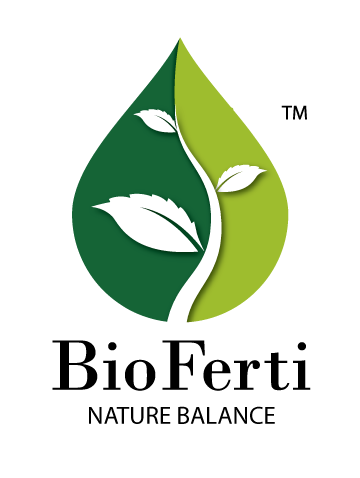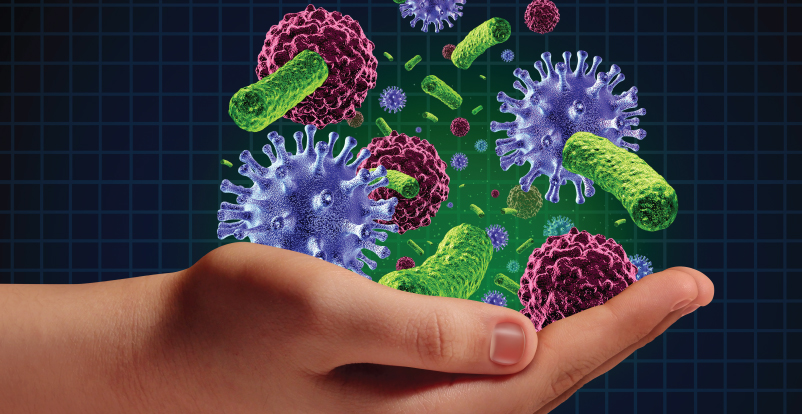Reference: https://www.feedstrategy.com/asia/vietnam-aims-to-ramp-up-organic-agriculture-production/
Goal is to increase amount of organic production while improving efficiencies
Vietnam’s Organic Agriculture Development Project for 2020-30 aims to advance the country’s organic agriculture production.
Deputy Prime Minister Trịnh Đình Dũng recently signed a decision approving the project, which has a goal to increase organic agricultural land to 1.5% to 2% of total agricultural land area by 2025. Organic livestock products are expected to reach 1% to 2% of total domestic livestock production, and organic aquaculture will make up 0.5% to 1.5% of total aquaculture production.
According to Vietnam News Service (VNS), the project also aims to improve the efficiency of organic production, with the product value per acre of organic cultivation and aquaculture to be 1.3 to 1.5 times higher than that of traditional production.
“The main tasks under the project are to develop concentrated organic agricultural production regions, diversify forms of organic production, intensify technology application, develop certification organizations and increase the processing, consumption and export of organic products,” VNS reported.
Industry modernization
In recent years, Vietnam’s animal feed industry has modernized and improved biosecurity. Its animal feed market is dynamic, resilient, highly entrepreneurial and is expected to see strong growth rates and relatively stable market conditions this year. Larger animal feed companies are beginning to invest in smaller ones, causing market consolidation and increasing competitiveness.
In January, Vietnam’s Ministry of Agriculture and Rural Development (MARD) said it would tighten controls on the use of the preservative ethoxyquin in aquafeed. Ethoxyquin, originally developed by Monsanto in the 1950s as a pesticide and antioxidant, is used in some countries as an animal feed additive and is used in pelleted chicken feed and as a feed stabilizer in salmon feed pellets. But in 2017, the EU suspended its authorization for use as an animal feed additive, so in also banning the ingredient, Vietnam can safeguard its aquaculture exports to the EU – one of its largest export markets.


